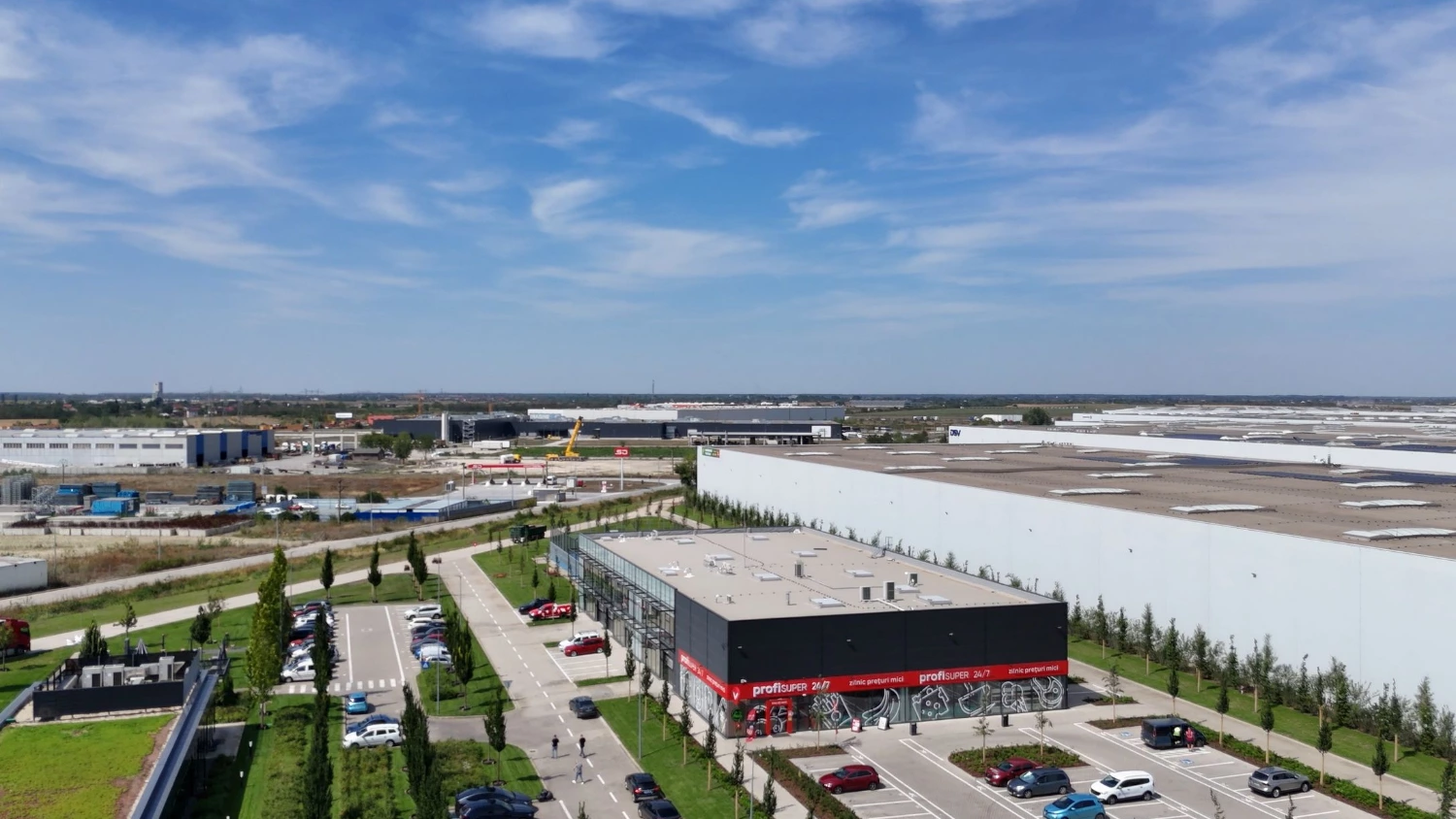High interest rates, rising rents and a slowdown in new housing construction have made households and developers more cautious. Yet demand remains strong – especially in cities with significant population growth.
The most affordable new housing in Europe this year is offered by Denmark, specifically in the city of Odense, where residents need to pay an average of 4.9 times their gross annual salary to purchase a 70 sqm apartment. The same value applies to Turin, Italy. Third place is taken by Manchester, UK, with a value of 5.3. The relative affordability of housing in these cities is contributed to not only by lower property prices, but also by stable incomes and available financing.
In Amsterdam, those interested in an average apartment must set aside an amount equivalent to 15.4 times their gross annual income. Athens came in second with a value of 15.3.
Prague ranks third this year with a score of 15.0, once again making it one of the least accessible cities in Europe. The Slovak city of Košice came in fourth with a score of 14.2. These high numbers show that a significant imbalance between demand and supply persists in some metropolises – regardless of income differences.
„The unavailability of owner-occupied housing stimulates the growth of the rental housing market. This year, the rental market is experiencing a significant price increase not only in Prague but also in regional cities. However, investors and developers continue to focus primarily on the construction of apartments for sale,“ says Petr Hána, Director of the Real Estate and Construction Department at Deloitte.
In terms of interest rates, mortgages remain the least advantageous in Hungary (9.35%), Poland (7.67%) and Romania (6.89%). Despite a slight improvement (5.07%), the Czech Republic still ranks among the countries with higher rates.
On the contrary, the lowest rates this year were recorded in Bulgaria (2.83%), Croatia (2.86%) and Turkey (3.01%). Belgium, Luxembourg, Spain and France also remain below the 3.5% threshold. The average rate for the whole of Europe is 4.36%, which represents a slight decrease compared to the previous period and reflects the gradual easing of monetary policy in a number of countries.
The largest year-on-year increase in new apartment prices was recorded in Krakow, Poland (+28.1%), followed by Jerusalem (+25.2%) and the Albanian cities of Tirana and Vlorë (both +25.0%). Some regional cities in Central and Eastern Europe also showed high growth - for example, the Polish cities of Łódź and Wrocław with a year-on-year increase of over 21%.











